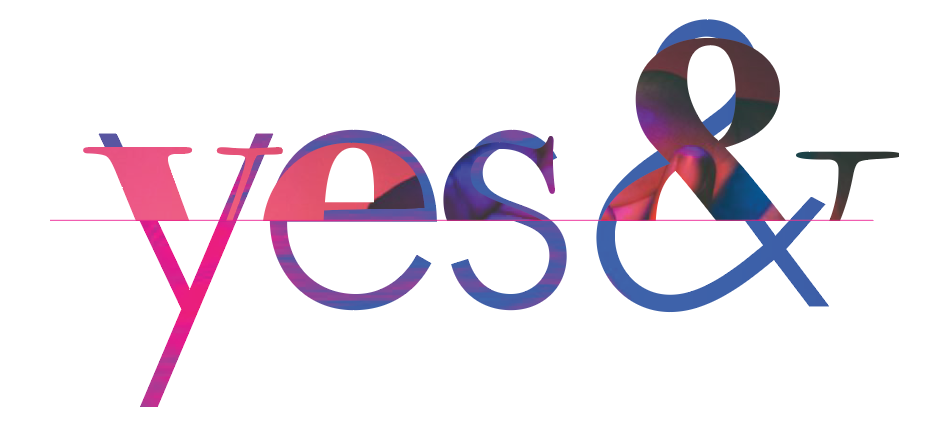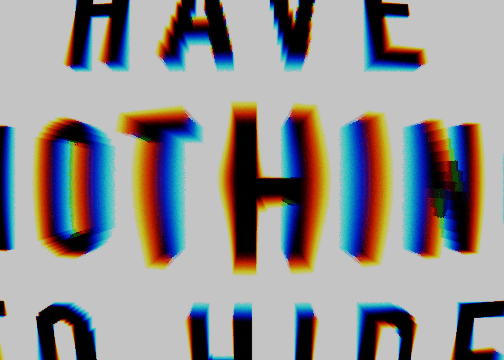The Ted Talk featuring Glenn Greenwald included a historical development of English philosopher and social theorist Jeremy Bentham in the late 18th century – the Panopticon. This design for an institutional building (i.e.prison) allows for inmates of an institution to be observed by a single watchman without the inmates being able to tell whether or not they are being watched. The name Panopticon references Panoptes, a giant from Greek mythology with a hundred eyes. This type of observation is used as a means to control the behavior at all times by training a person to think they are always being watched.
When first presented, Bentham believed his Panopticon concept was a solution to societal problems…”a mill for grinding rogues honest.”
In discussing the strategic conversion of the internet (lead by the US Government and it’s partners) from a tool for liberation and democratization to a tool for mass surveillance, Greenwald suggests that the internet allows for a panoptic form of observation. Current technological practices and the IOT enable superior powers to watch and track users’ daily social activities.
With the average response from the population being “I have nothing to hide, go ahead and watch”, a clear misconception is that an inmate, a criminal, is the only one affected by surveillance.
With the average response from the population being “I have nothing to hide, go ahead and watch”, a clear misconception is that an inmate, a criminal is the only one affected by surveillance. There is a general acceptance that observation is a solution to societal problems. Basically, the average American – driven by an apathy towards privacy – perhaps might like to live in Bentham’s Panopticon.

But what are the downfalls of surveillance? How is it reducing our range of behavioral options and reducing our creativity and exploration to conformity and obedience? And isn’t this dangerous as well? Having a government that was founded on the freedom of the individual with checks and balances to preemptively remove the ability of the government to take dictatorship control of it’s people, how then can the US observe its citizens as though we are inmates? And besides it being invasion and limiting the the individual, how might it be dangerous to society as a whole?
Thinking of times when compliance, obedience and submission hasn’t served the world well, I was reminded of this quote: “surely obeying orders could only be a good thing.” And this was said by none-other than Adolf Eichmann in response to his impending execution in 1962 for his part in organizing the Holocaust.
What potential dangerous, worldwide effects might our submission into handing over excess data and giving up our privacy to the strong-armed power’s that be?
How essential will it be to resist conformity, obedience and submission?
As designers with a focus on user-centered design and keeping users safe, how essential will it be to resist conformity, obedience and submission? How can we be more effective in our profession from a stance of resistance and dissent? As designers, should we be self-professed rogues, living apart from the heard and breaking things for the good of all?
Arguing that you don’t care about the right to privacy because you have nothing to hide is no different than saying you don’t care about free speech because you have nothing to say. –– Edward Snowden
Themes: Privacy, copyright, friendship, politics

